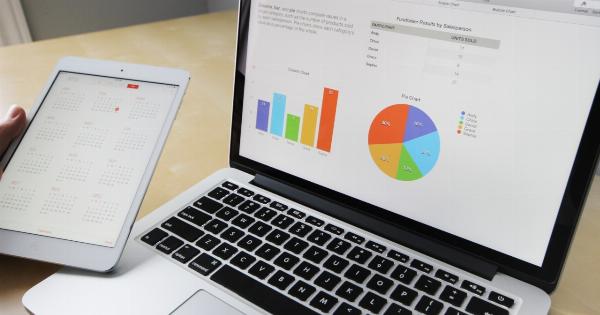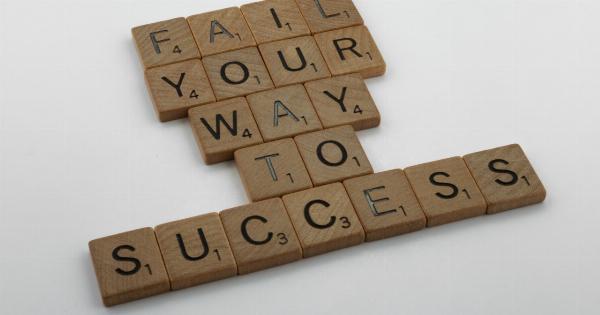Weighing yourself is a common practice for many individuals who are trying to monitor their health and fitness goals. However, it is essential to weigh yourself correctly to ensure accurate results.
By following the tips and techniques outlined below, you can get the most precise measurements and track your progress effectively.
1. Choose the Right Scale
Before you begin weighing yourself, it’s crucial to invest in a reliable and accurate scale. Consider choosing a digital scale that displays weight in increments of 0.1 or 0.2 pounds (or in grams for metric measurement).
Analog scales may be inexpensive, but they are often less accurate and can fluctuate with time.
2. Weigh at the Right Time
The timing of your weigh-ins can significantly impact the accuracy of your measurements. It is recommended to weigh yourself in the morning on an empty stomach, preferably after using the bathroom.
This will provide a consistent baseline for comparison since weight can fluctuate throughout the day due to food, water, and other factors.
3. Wear Lightweight Clothing
When weighing yourself, opt for lightweight clothing or none at all to get a more accurate reading. Heavy clothing or shoes can add unnecessary weight and affect the results.
If you prefer privacy, consider weighing yourself while wearing undergarments or when completely naked.
4. Use a Flat and Stable Surface
Ensure that you place the scale on a flat and stable surface to avoid inaccurate readings. Uneven or carpeted surfaces can give inconsistent results due to the scale’s inability to provide proper balance.
Place the scale on a hard and even surface, such as a bathroom floor, for the most accurate measurements.
5. Stand Properly on the Scale
When stepping onto the scale, position yourself in the center and distribute your weight equally on both feet. Keep your feet flat and slightly apart, and avoid leaning on anything for support.
Distributing your weight evenly ensures that the measurement is not skewed by imbalanced postures or leaning on walls or furniture.
6. Measure at a Consistent Frequency
Consistency plays a vital role when weighing yourself. It is recommended to weigh yourself at the same time and frequency each week, such as every Monday morning.
Regular tracking enables you to monitor your progress accurately and identify any trends or fluctuations over time.
7. Track Trends, Not Daily Fluctuations
Avoid getting caught up in the daily weight fluctuations as our body weight can vary due to various factors like water retention, food intake, hormonal changes, and even stress levels.
Instead, focus on the long-term trend of your weight over a week or month. This approach provides a more accurate representation of your progress.
8. Use Additional Metrics for Comprehensive Tracking
While weighing yourself is an essential aspect of monitoring your health, it is not the only metric to rely upon.
Consider incorporating other metrics like body measurements (waist, hips, etc.), body fat percentage, or progress photos to have a more comprehensive understanding of your overall progress. This broader perspective can give you a clearer picture of your achievements.
9. Don’t Let the Numbers Define You
It’s important to remember that your weight is just a number and doesn’t define your worth or your progress. Health and fitness are about overall well-being and feeling good about yourself.
Focus on adopting healthy habits rather than obsessing over a specific weight goal.
10. Consult a Healthcare Professional
If you have specific health or fitness goals, it is beneficial to consult a healthcare professional, such as a doctor or a registered dietitian.
They can provide personalized guidance and help you set realistic goals based on factors like your age, height, activity level, and medical history.
Conclusion
Weighing yourself is a common practice for many individuals, but it’s essential to do it correctly to obtain accurate results.
By choosing the right scale, weighing at the right time, wearing lightweight clothing, using a stable surface, standing properly, and tracking consistently, you can ensure precise and reliable measurements. Remember that the number on the scale is just one metric and should not define your self-worth. Focus on overall health and well-being, and consult a healthcare professional for personalized guidance.


























